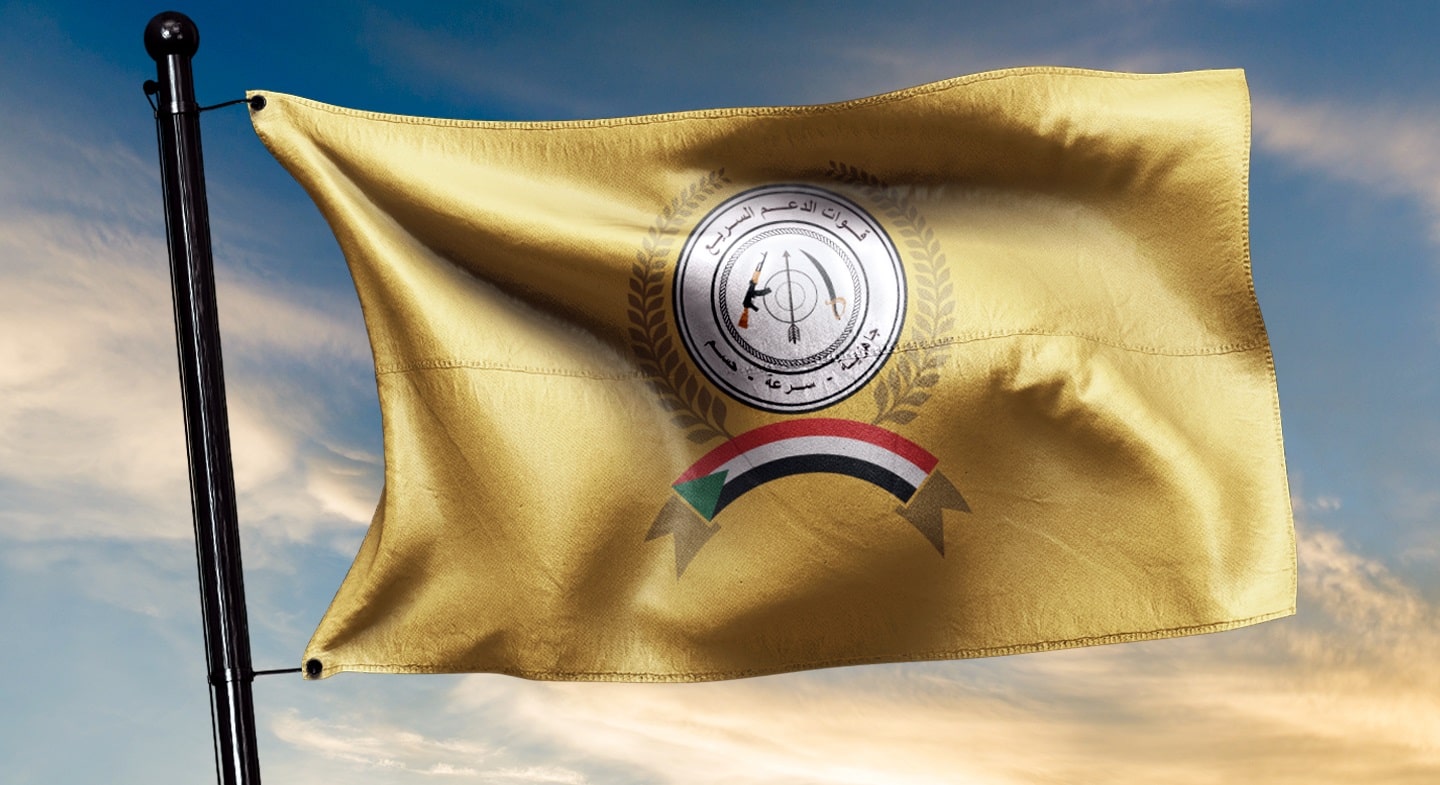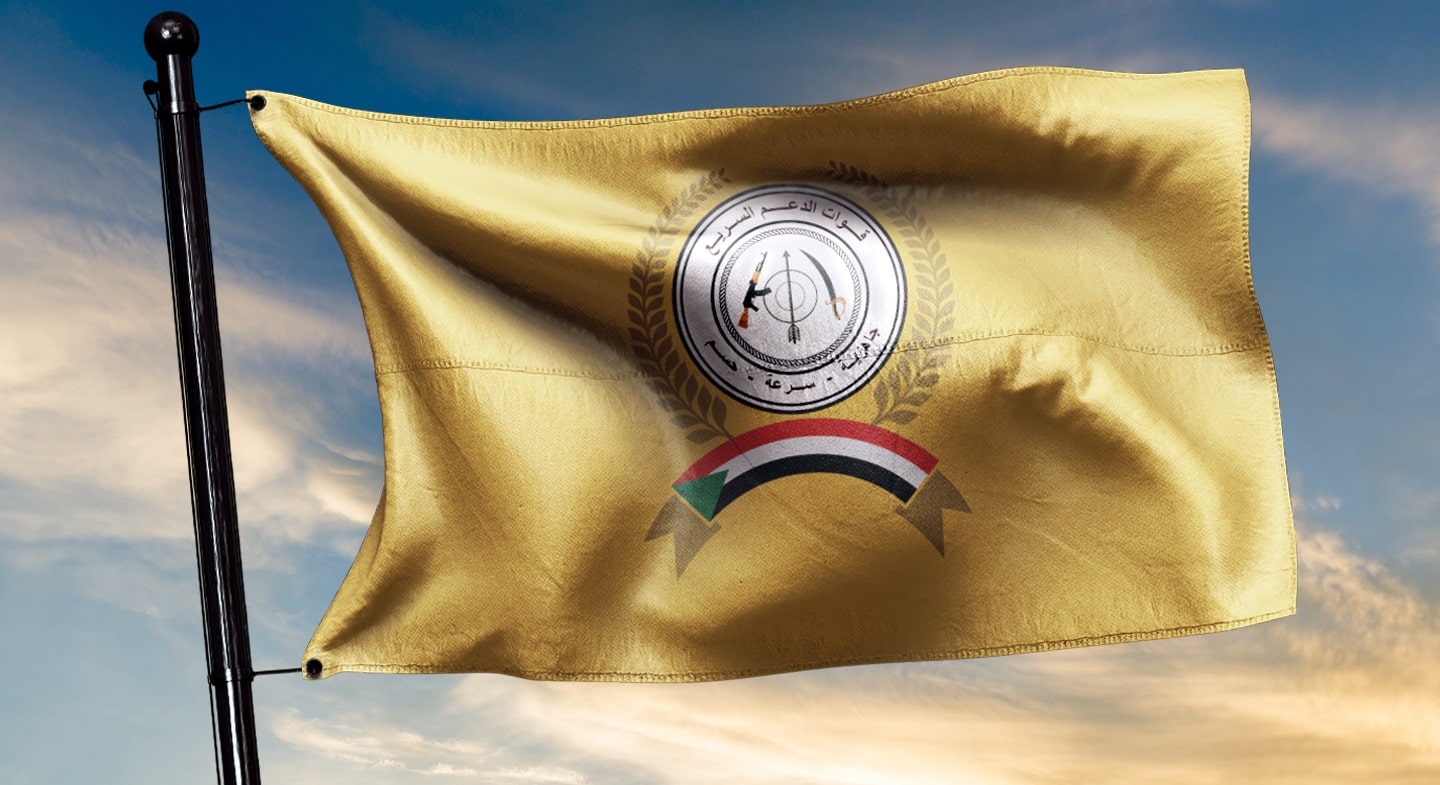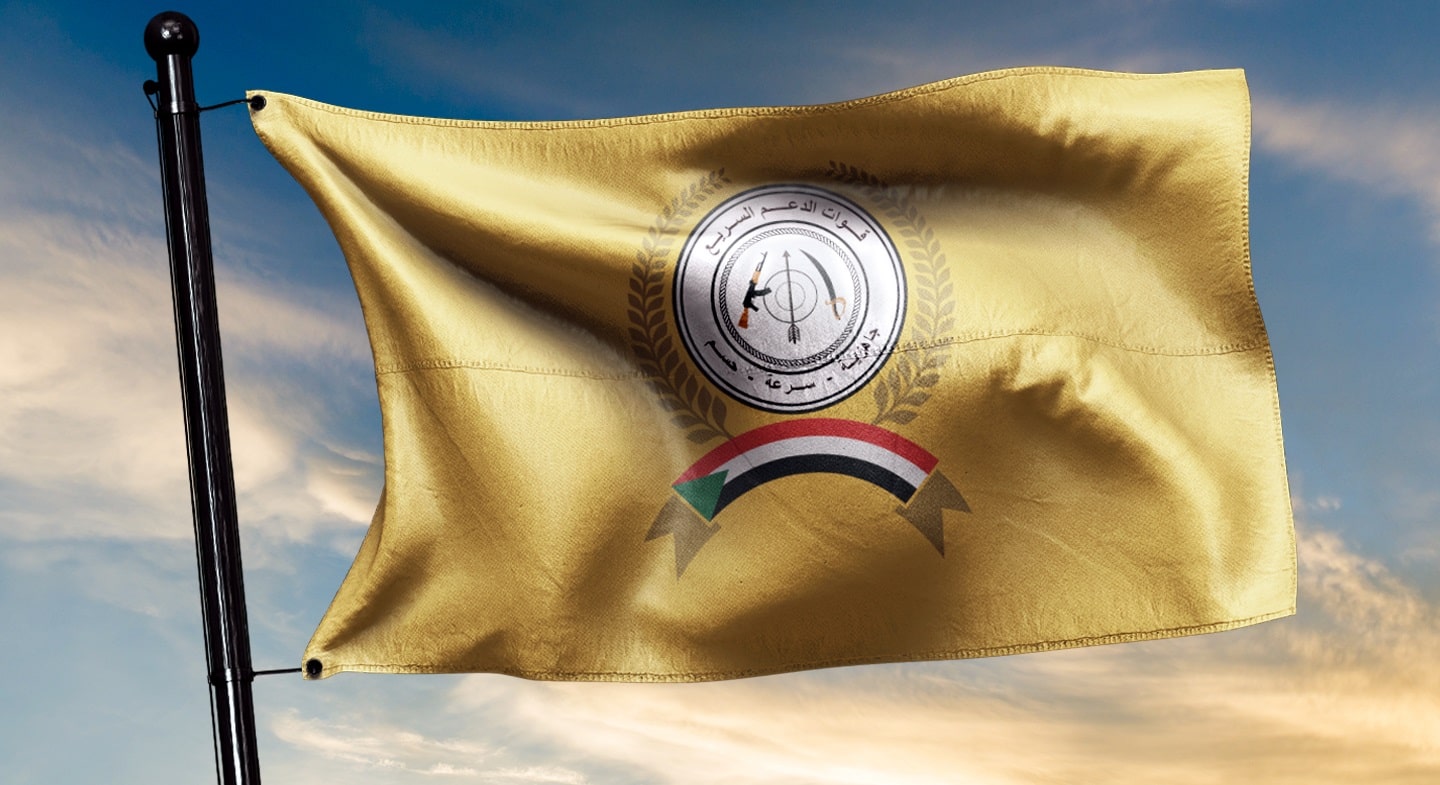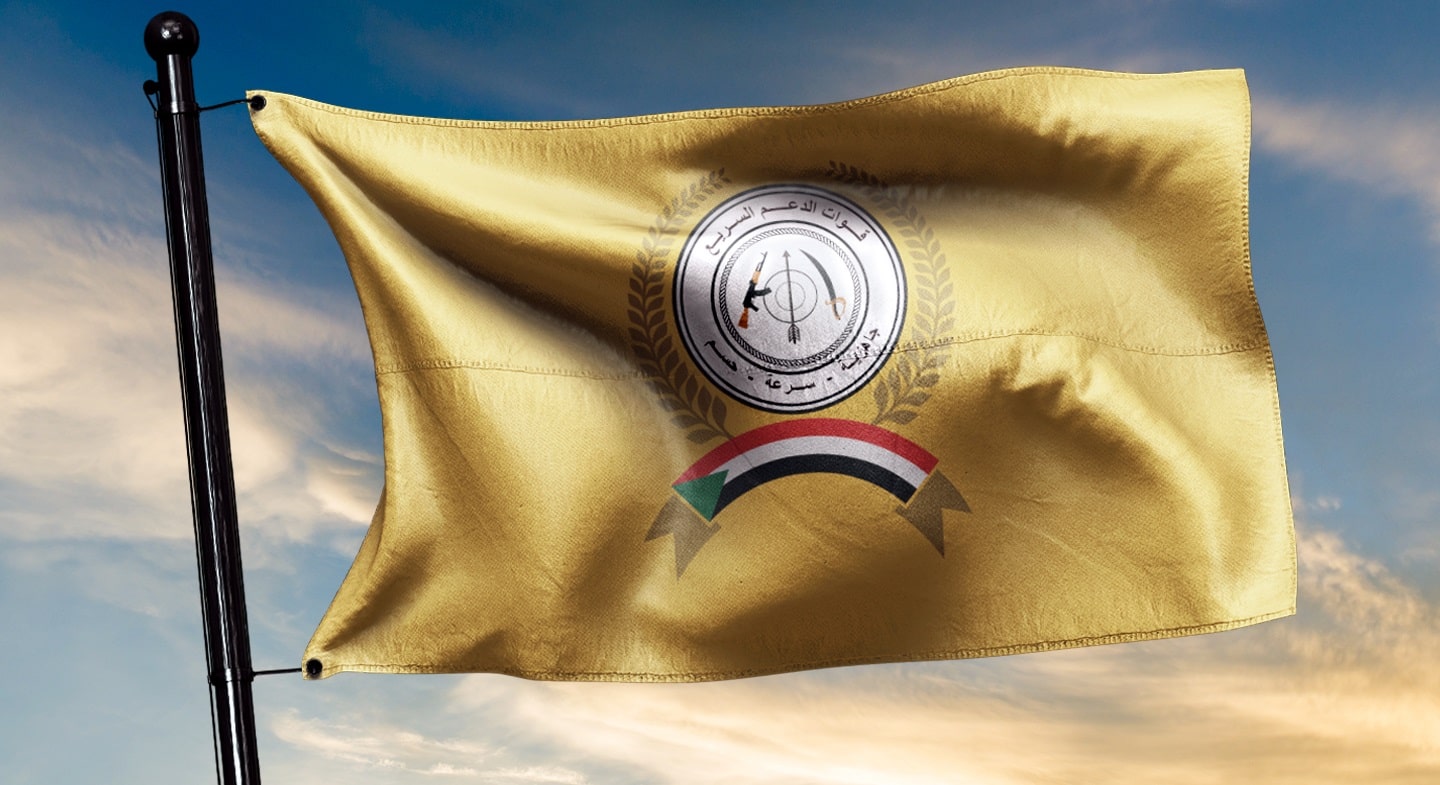Statement on Decisions by the U.S. Treasury and State Departments
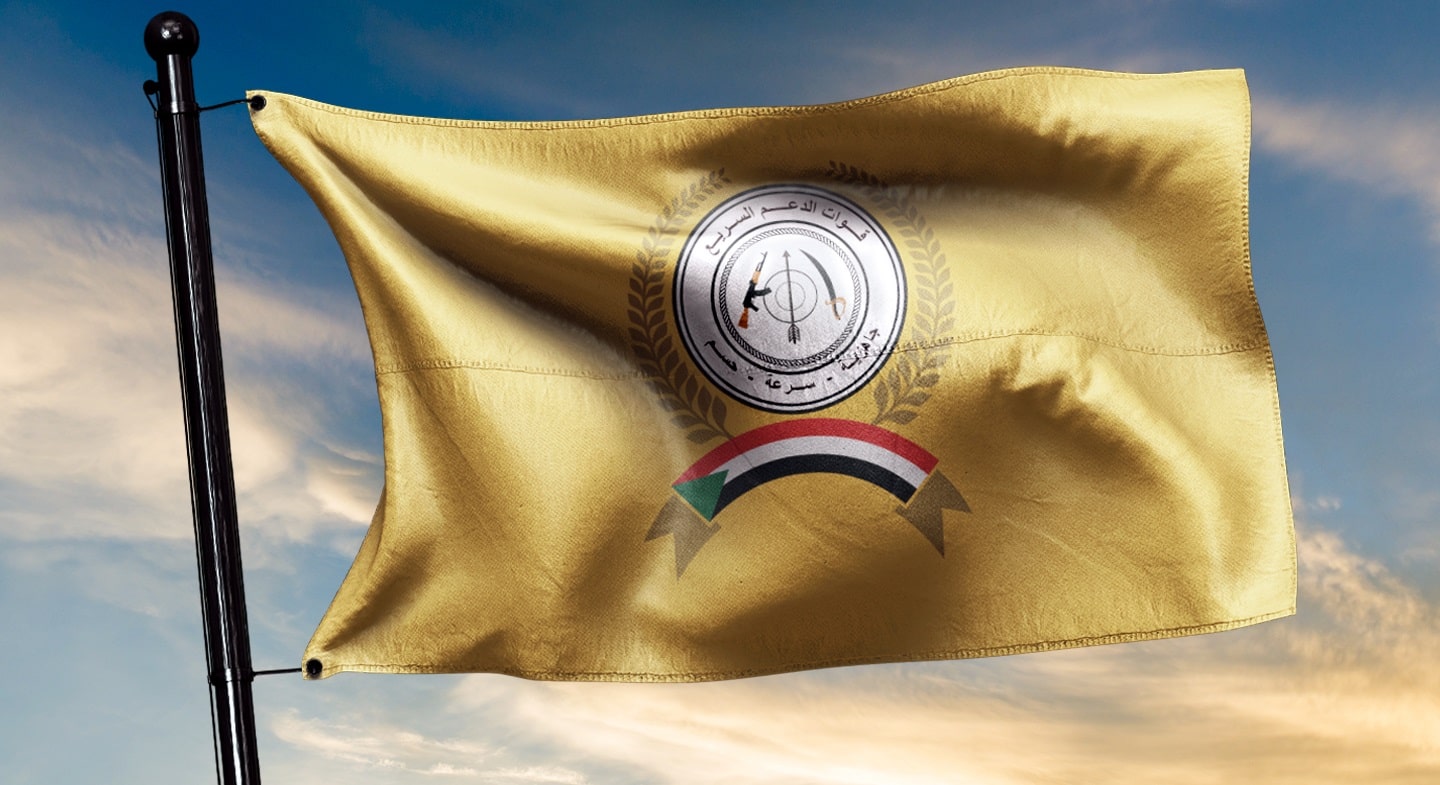
Statement on Decisions by the U.S. Treasury and State Departments
We have reviewed the decision issued yesterday by the Office of Foreign Assets Control (OFAC) of the U.S. Department of the Treasury, imposing sanctions on General Mohamed Hamdan Dagalo, Commander of the Rapid Support Forces (RSF), under Executive Order (E.O.) 14098, which pertains to sanctions on individuals destabilizing Sudan and undermining the goal of democratic transition. The decision was accompanied by another decision from the State Department alleging that the Rapid Support Forces committed genocide in Sudan.
In response to these decisions, the RSF wishes to state the following facts:
The decisions made yesterday by the outgoing administration are, by all measures, regrettable and unjust. These decisions are clearly politically motivated and were made without an independent and thorough investigation to determine which party is responsible for igniting this catastrophic war and the associated violations committed by various parties during the ongoing conflict in Sudan. This war was initiated by the leadership of the Sudanese Armed Forces (SAF) and Islamists, who openly declared their intentions repeatedly in the weeks leading up to the outbreak of the war. Evidence of this, including their explicit threats to ignite the war to obstruct the reversal of the October 25th coup and the restoration of democratic transition, is readily available to all.
It is surprising that the sanctions decision was issued under an executive order related to destabilization and undermining democratic transition, yet it does not penalize the military leadership of the SAF, which continues to cling to the October 25th coup. While we participated in that coup, we withdrew from it on the first day and have since worked sincerely and consistently to end it. We supported the Framework Agreement to reverse the coup and restore the democratic transition until the SAF leadership ignited the war, which we resisted, preventing them from fully seizing power as they had planned.
The displacement of 12 million Sudanese occurred because of the war, and responsibility for this lies with those who started the war, not those who defended themselves and stood against the instigators in pursuit of civilian rule and in legitimate self-defense, as sanctioned by religion, ethics, and law. As for the famine, it is well-documented in United Nations reports and statements made multiple times by officials of the current U.S. administration that it was caused by the SAF and the Port Sudan clique under their control. They obstructed the passage of humanitarian aid and prevented its delivery to RSF-controlled areas. Furthermore, the SAF leadership rejected all peace initiatives, including the U.S. invitation to negotiate at the Geneva platform.
It is equally surprising that the sanctions decision claims the RSF has engaged in a brutal conflict with the SAF to control Sudan. The truth is that it is the SAF leadership and the Islamists who dominate it and the military institution that have engaged in this brutal struggle for control over Sudan.
The State Department’s claim that the RSF committed genocide in Sudan is inaccurate. The decision fails to specify the group against which the alleged genocide was committed or the location of the genocide. According to the 1948 Genocide Convention, genocide is committed against a specific national, ethnic, racial, or religious group. The decision vaguely refers to the Sudanese people, of whom RSF fighters and supporters are an integral part. Genocide is a grave crime, and the outgoing U.S. administration should not address it with such a level of generalization. This only underscores that the decision was politically motivated and lacks a basis in the legal definitions and evidentiary requirements for genocide.These selective decisions will not help achieve any fundamental objectives, such as reaching a political solution or conducting a comprehensive historical justice process that ends systemic injustice in Sudan, redresses victims, and builds sustainable peace that ensures social justice.
The decision’s clear selectivity also overlooks the widespread atrocities committed by the SAF, including aerial bombardments that have claimed the lives of more than 4,000 civilians, the arrest of anti-war activists across Sudan, starvation, and torture of detainees, and repeated violations of the no-fly zone in Darfur through continuous airstrikes targeting civilian populations in various cities across the region.
The U.S. Treasury’s decision has put the cart before the horse, effectively rewarding the party refusing to end the war and punishing those advocating for unity and peace. These actions not only exacerbate the current crisis, but also hinder efforts to achieve comprehensive peace in our country. They ultimately serve the interests of Islamists and the old regime in Sudan and will undoubtedly undermine the United States’ role as a mediator, a role we consider critically important.
The RSF Commander has played a significant and recognized role since the December Revolution. He was instrumental in the removal of the Al-Bashir regime, thwarted the October 25th coup, supported the political process, and resisted the current war ignited by the remnants of the old regime. Moreover, he has played a major role in tribal reconciliations, combating hate speech, and working tirelessly to restore the democratic transition in Sudan, while standing against the SAF leadership’s determination to cling to power by force.
The RSF reaffirms its steadfast position, declared since the beginning of this war, to end systemic injustice and historical central hegemony in Sudan. We will never allow the continuation of the political and economic imbalances that disproportionately burden marginalized communities in Sudan. In this regard, the RSF renews its call to end the war by addressing its root causes, which stem from the structural imbalances within the state. This can only be achieved through a comprehensive political solution that delivers genuine peace and leads to inclusive processes for legal, political, social, and economic justice.
Rapid Support Forces
Khartoum, Sudan


